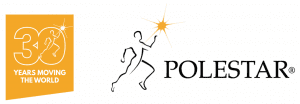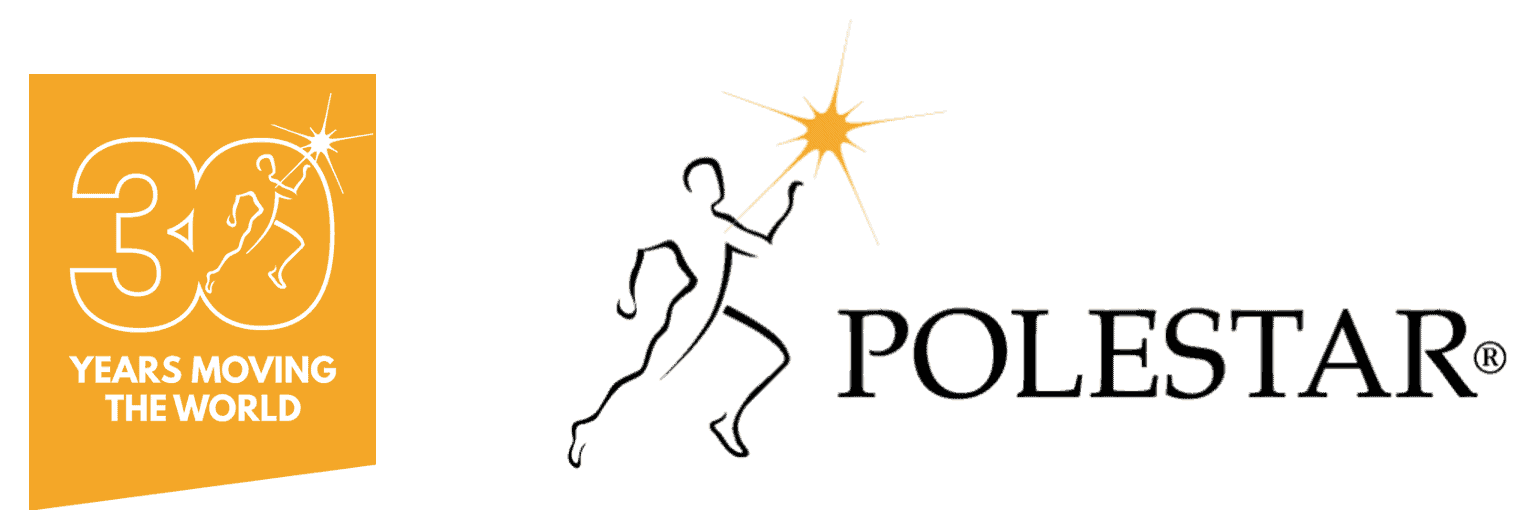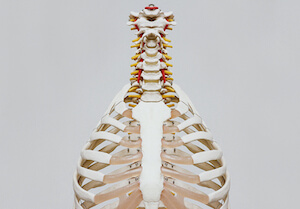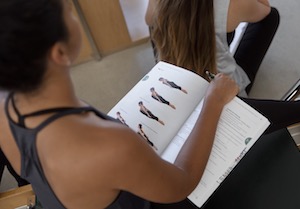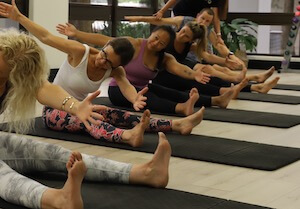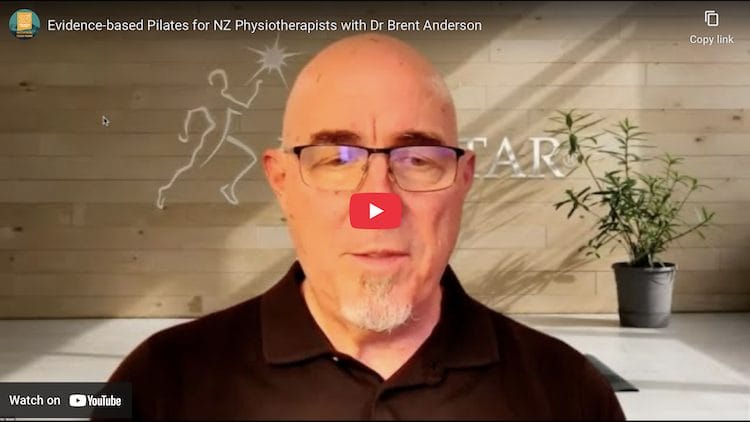Why Physiotherapists Trust Polestar PilatesEvidence-Based Pilates for Physiotherapists has been Polestar’s mission for more than 30 years, providing physiotherapists worldwide with a rigorous framework that integrates movement science, rehabilitation, and whole-person care. With graduates now in over 80 countries, Polestar has established itself as the global gold standard in Pilates education for physiotherapists. In New Zealand, physiotherapists are increasingly recognising that Pilates is not an alternative to physiotherapy but an essential extension of it. At a recent Auckland webinar, Dr Brent Anderson and a panel of Polestar educators highlighted how this integration has been reshaping clinical practice across the globe. Brent captured the essence of this approach when he said:
Dr Brent Anderson: From Physiotherapy to PolestarDr. Brent Anderson has been a physiotherapist for more than 35 years. In 2005, he completed his PhD at the University of Miami, where his dissertation focused on Pilates as a physical therapy modality – evaluating its impact on both the physical and psychosocial aspects of mechanical low back pain. In addition to his clinical and research work, Brent founded Polestar Pilates Education in 1992. Since then, Polestar has grown into a truly global organisation, now active in over 80 countries and taught in more than 15 languages. Around 50% of Polestar graduates are physiotherapists, underscoring how deeply Pilates has become integrated into rehabilitation practice worldwide. With this background, Brent bridges the worlds of physiotherapy, movement science, and education. His research demonstrated that Pilates is not only effective in managing pain but also transformative in addressing fear, confidence, and participation in life. He also places today’s work in its historical context, reminding audiences that Joseph Pilates originally developed his method (Contrology) in the early 20th century. While working with soldiers and later dancers, Joseph defined Contrology as the “complete coordination of body, mind, and spirit.” Brent explained:
Polestar itself grew out of collaboration – Brent’s physiotherapy and movement background combined with multidisciplinary expertise to create a global education company that continues to grow. The Research Behind Pilates in RehabilitationPilates is now one of the fastest-growing evidence-based interventions in rehabilitation. Brent noted that over 135 new peer-reviewed studies on Pilates were published in just six months. A landmark 2019 meta-analysis in the British Journal of Sports Medicine placed Pilates among the top three most effective interventions for low back pain, alongside manual therapy and exercise therapy. Evidence-Based Pilates for Physiotherapists is no longer optional – it is essential for those committed to modern practice. 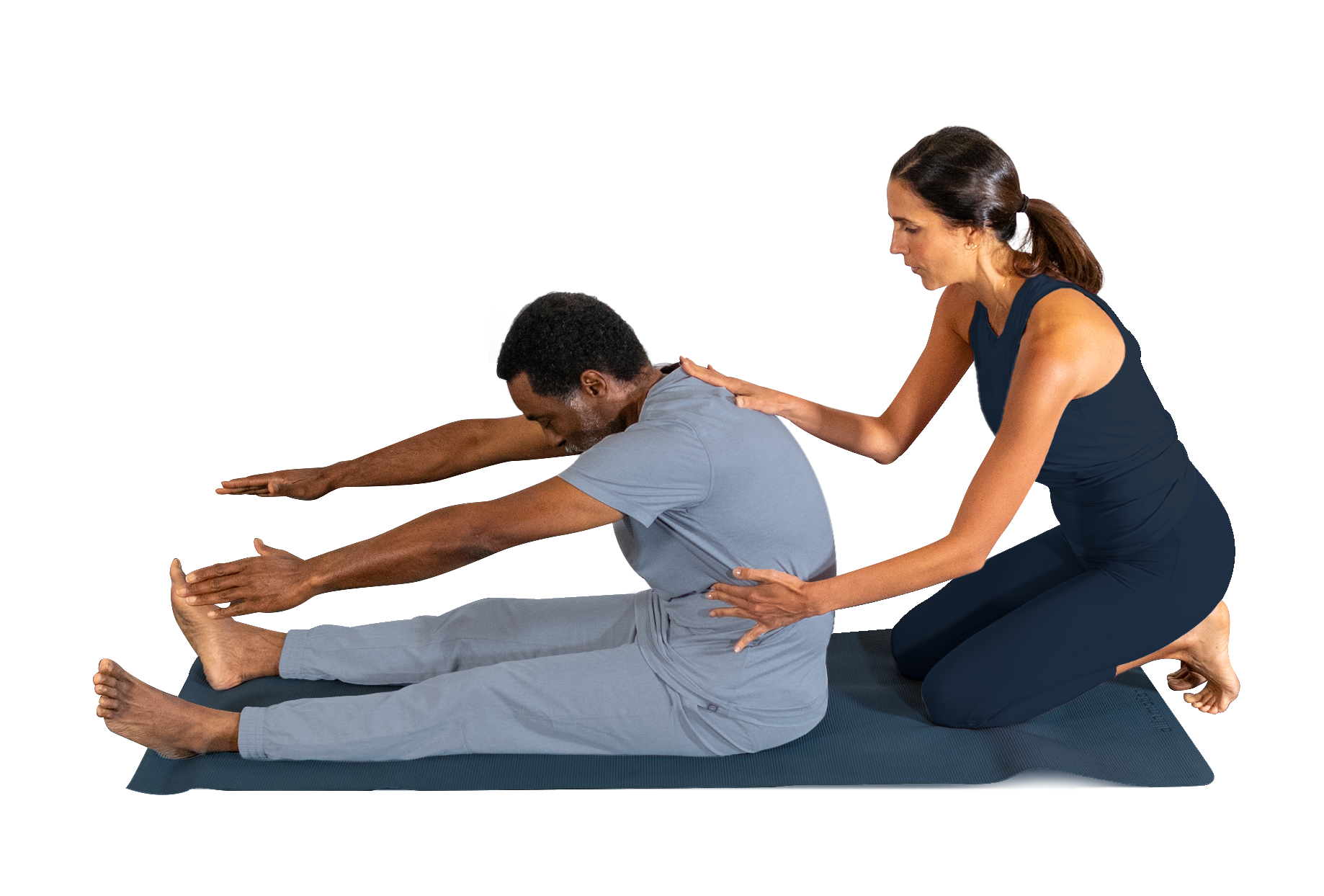
The Updated Polestar Movement PrinciplesPolestar’s framework integrates science with clinical reasoning through five movement principles:
These principles, detailed in Brent’s Principles of Movement, are embedded across all Polestar courses. Pain, Beliefs, and the Neuroscience of MovementBrent emphasised that pain is shaped not just by tissues but by the brain’s predictive processing.
Physiotherapists cannot simply talk patients out of pain. Instead, they must create safe, positive movement experiences that rewire beliefs and restore confidence. This perspective aligns with Polestar’s strong use of the International Classification of Functioning, Disability and Health (ICF) model. The ICF encourages physiotherapists to look beyond impairment and consider:
By applying the ICF, Polestar physiotherapists design programmes that are not limited to “fixing a muscle” but instead prepare people for the activities that matter most to them. Rehabilitation becomes meaningful because it is rooted in what the individual values, not just what is measurable on a goniometer or strength test. Through this lens, Pilates is no longer just exercise – it is a vehicle for restoring participation, reframing beliefs, and empowering self-efficacy. It ensures that positive movement experiences translate directly into a richer, more confident life. Voices from the Panel: Audrey Ng & Mel LovelessAudrey Ng (Perth) reflected on her transition from hands-on physio to movement-centred practice. 
Mel Loveless (Rotorua) highlighted the clinical power of positive movement experiences. 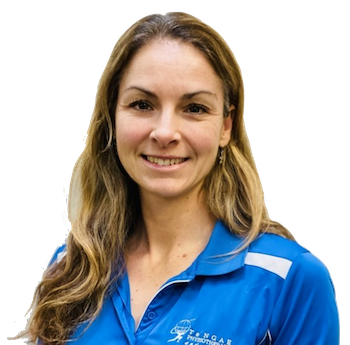
Polestar’s Global Reach and Local CommunityWith a presence in 80+ countries, Polestar connects New Zealand physiotherapists to a worldwide community of educators and researchers. Training locally links physiotherapists into this global network, offering mentorship and shared best practice. Continuing Education: Gateway to Comprehensive TrainingPolestar education is designed to be practical, progressive, and physiotherapy-focused:
If you are a physiotherapist in New Zealand, now is the time to join the growing community of Evidence-Based Pilates for Physiotherapists practitioners.
➡️ Start with our Gateway Mat course. Be part of a global network of physiotherapists transforming practice through intelligent movement.
|
